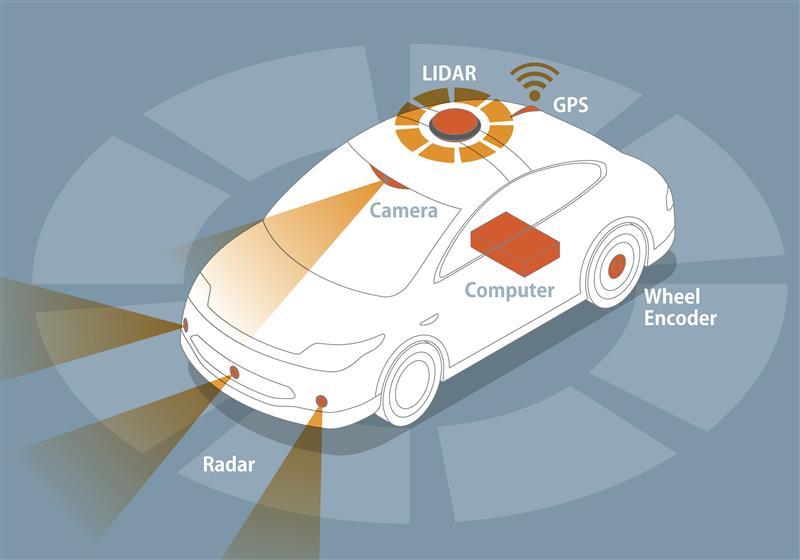In an era defined by technological advancements, the automotive industry has witnessed a transformation like never before. Advanced Driver Assistance Systems (ADAS) have emerged as a pivotal innovation, significantly enhancing the safety and efficiency of vehicles on the road. These systems incorporate a range of sensors, cameras, and radar technologies, along with complex algorithms to assist drivers in various ways. In this article, we will explore the importance of ADAS and its impact on road safety, environmental conservation, and the overall driving experience.
Enhanced Safety
One of the most significant advantages of ADAS is the improvement in road safety. These systems provide an extra layer of protection by helping drivers avoid accidents and mitigate the severity of collisions. Features like forward collision warning, automatic emergency braking, and lane departure warning systems act as virtual co-pilots, alerting drivers to potential hazards and intervening when necessary. The result is a reduction in the number of accidents, injuries, and fatalities on the road.
ADAS also aids in reducing the impact of human errors, which are a leading cause of accidents. Drowsiness detection and adaptive cruise control are examples of features that help drivers stay alert and maintain safe distances from other vehicles. As technology continues to evolve, ADAS is becoming more sophisticated, with capabilities such as pedestrian detection and blind-spot monitoring, further enhancing safety.
Environmental Benefits
ADAS not only benefits individual drivers but also contributes to a more sustainable future. Adaptive cruise control, for instance, optimizes speed and reduces fuel consumption, leading to lower emissions and improved fuel efficiency. In addition, ADAS-enabled traffic management systems can reduce traffic congestion and optimize traffic flow, thereby decreasing overall fuel consumption and greenhouse gas emissions.

Efficient Driving
ADAS features like parking assistance and traffic sign recognition make driving more convenient and stress-free. Parking assistance systems help drivers navigate tight spaces with ease, reducing the risk of accidents in parking lots. Furthermore, traffic sign recognition ensures drivers are aware of speed limits, no-entry zones, and other important information, enhancing compliance with traffic regulations.
In addition to these benefits, ADAS also contributes to reducing the wear and tear on vehicles. Systems like predictive maintenance and tire pressure monitoring help drivers identify and address potential issues early, ultimately extending the lifespan of their vehicles.
Accessibility and Inclusivity
ADAS has the potential to increase inclusivity in the automotive world. For individuals with disabilities, ADAS can offer greater independence and mobility, as these systems can compensate for certain limitations. Features like automatic braking and adaptive cruise control are particularly helpful for those who may have difficulty with traditional driving tasks.

The Road Ahead
While the importance of ADAS is evident, the journey is far from complete. As technology continues to advance, ADAS systems will become even more sophisticated and widespread. The integration of artificial intelligence and machine learning will enable these systems to adapt to various driving conditions and provide more personalized assistance to drivers.
However, there are also challenges to address, such as concerns about data privacy and cybersecurity. As ADAS relies heavily on data collection and processing, protecting this information from potential threats is crucial to ensure the continued success and trust in these systems.
Conclusion
Advanced Driver Assistance Systems (ADAS) are transforming the way we drive, making our roads safer, more environmentally friendly, and our vehicles more efficient. With the potential to increase accessibility and inclusivity, ADAS is paving the way for a future where driving is not only more secure but also more enjoyable for everyone. As technology continues to evolve, it is essential to embrace these innovations and ensure their responsible and secure implementation on our roadways. The importance of ADAS cannot be overstated, as it plays a pivotal role in the ongoing evolution of the automotive industry.